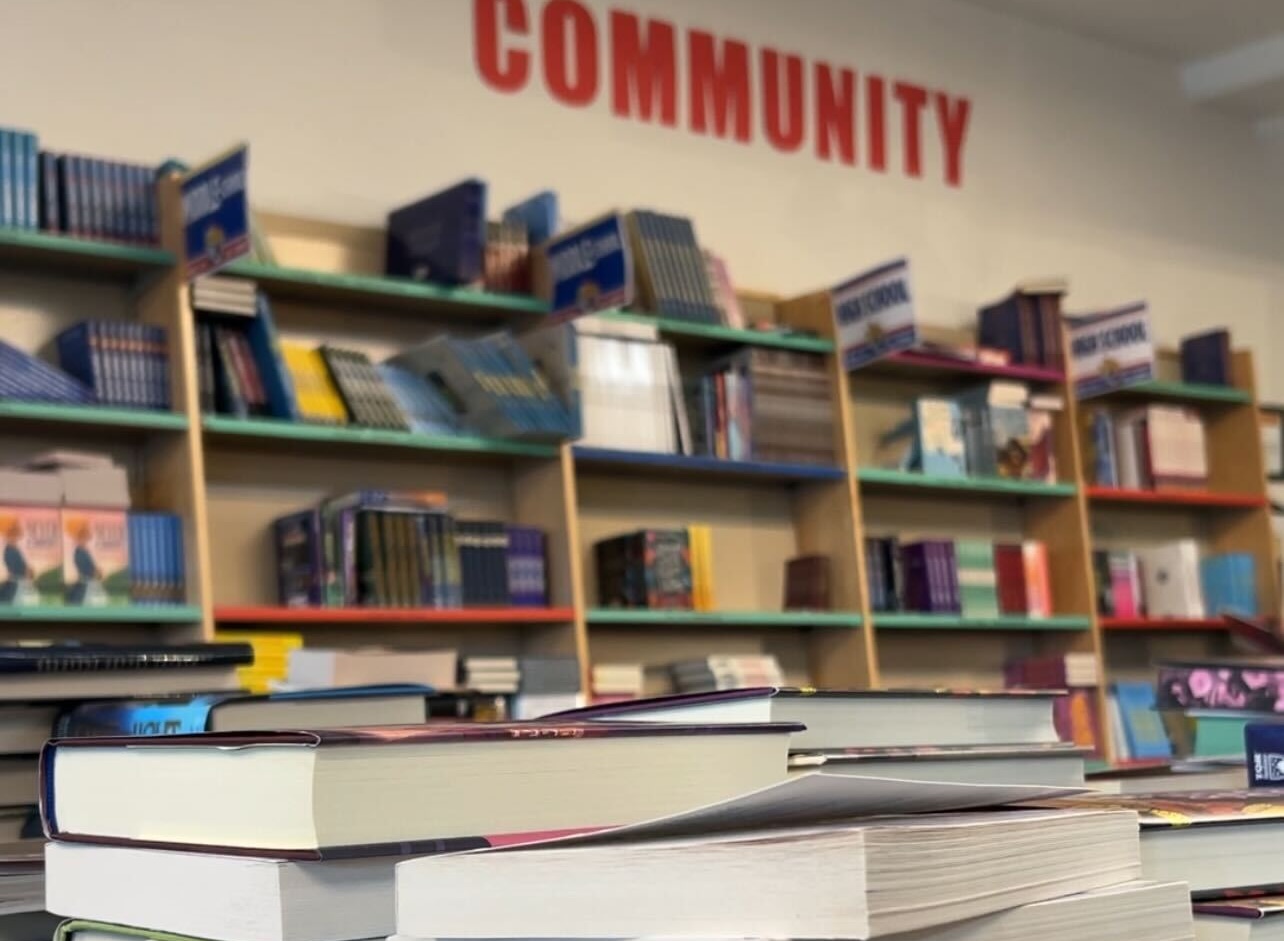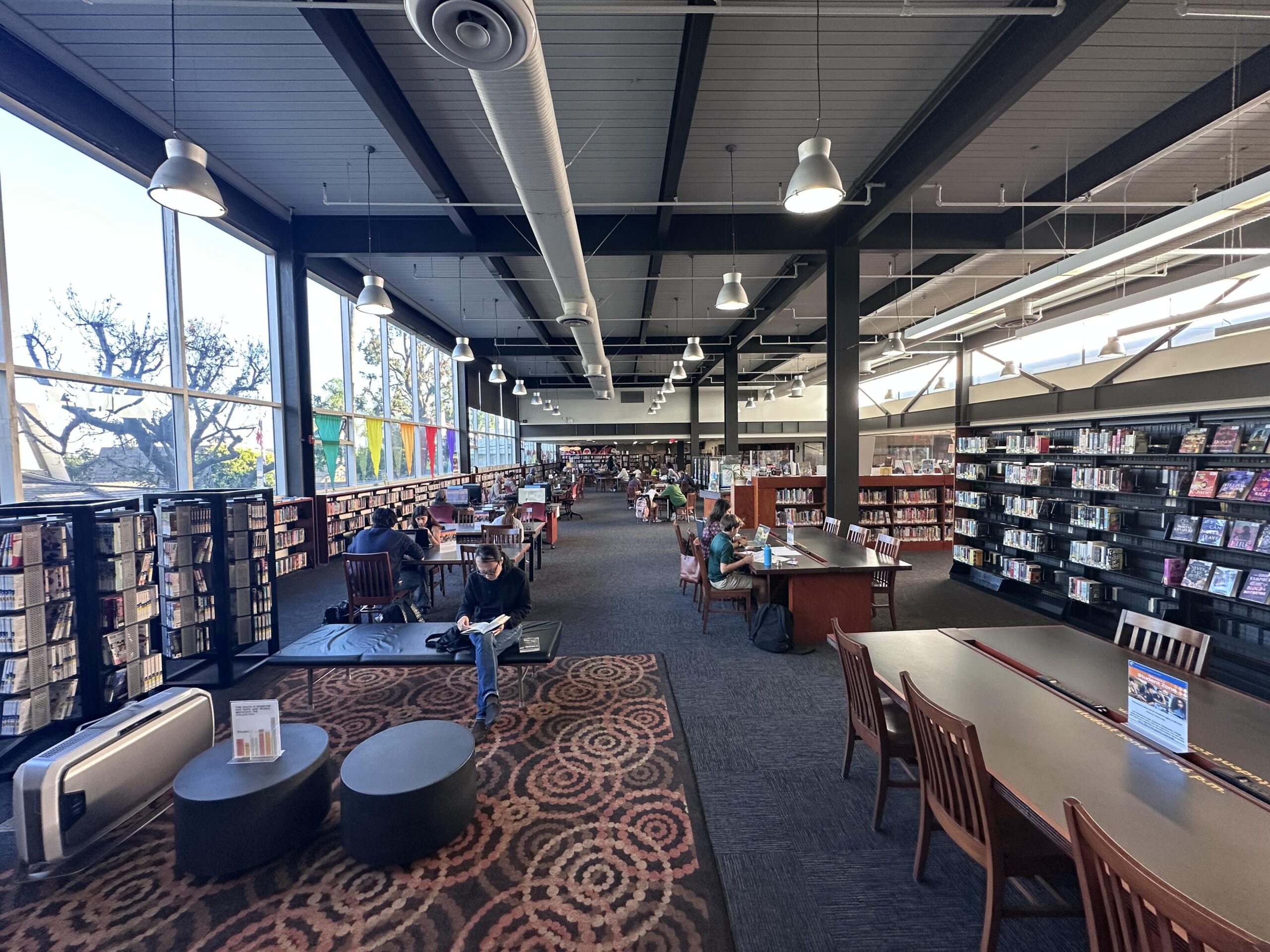(BAYONNE, N.J.) — New Jersey parents and educators are worried that teachers are not being prioritized for vaccinations as classes resume in schools across the country.
During the COVID task force briefing on February 3, Rochelle Walensky, the newly appointed director of the Centers for Disease Control and Prevention, said that vaccinating teachers is not mandatory for in-person classes.
Teachers in New Jersey are not prioritized for the COVID-19 vaccination despite President Biden’s plan for students to return to the classroom by April. Parents and educators across the state wonder whether it is too soon to send students back to in-person classes before all teachers and children have received the COVID-19 vaccine.
“I am not comfortable sending my child back to school yet until the vaccine is available to everyone in school and the full side effects on children are known,” Glady Cuento, a mother of two in Piscataway, told The Click. She believes that while there are safety protocols, it is still difficult to control social distancing on younger children. “Teachers and students should be vaccinated on top of the safety protocols in schools.”
Despite the lack of vaccines, some educators favor having their students return to in-person classes for a more effective learning experience.
“There are students, like my more introverted ones, who actually thrive in the virtual learning environment. However, there are still many others who don’t and need that social aspect that in-person classes provide to help them learn effectively,” said Michelle Mangalindan, a Kindergarten and ESL teacher in Bridgewater. She also pointed out the gap in students who come from lower socio-economic backgrounds and do not have the same accessibility to tools as compared to their more privileged peers.
Mangalindan started teaching in-person and virtual students at the same time when their district started hybrid learning in October 2020. She explained that while the mandatory wearing of masks and social distancing are helpful, proper ventilation systems are missing from many public schools.
She believes that there are too many variables to deem in-person classes as safe. While a study published on MedPage Today shows that in-person classes are not super-spreaders of the virus, sending students back to classrooms is still a major risk for children and their families.
“They could have all schools return to remote learning until all teachers and students have been vaccinated and there is herd immunity. The other option would be to ensure proper ventilation systems, updates of all school buildings, and have vaccination of teachers prioritized,” Mangalindan said.

